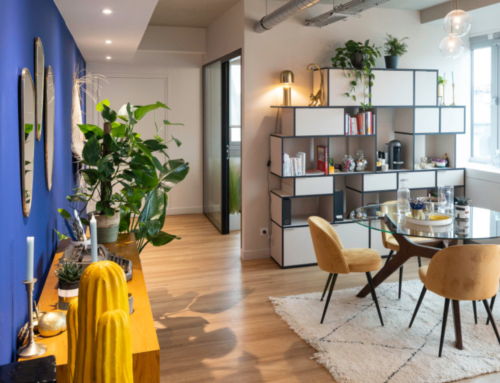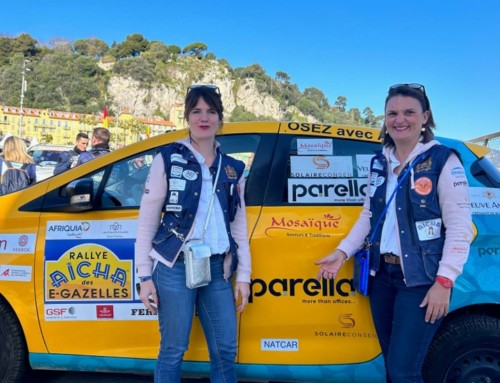Parella 2021 Barometer: our study on the evolution of work modes and spaces
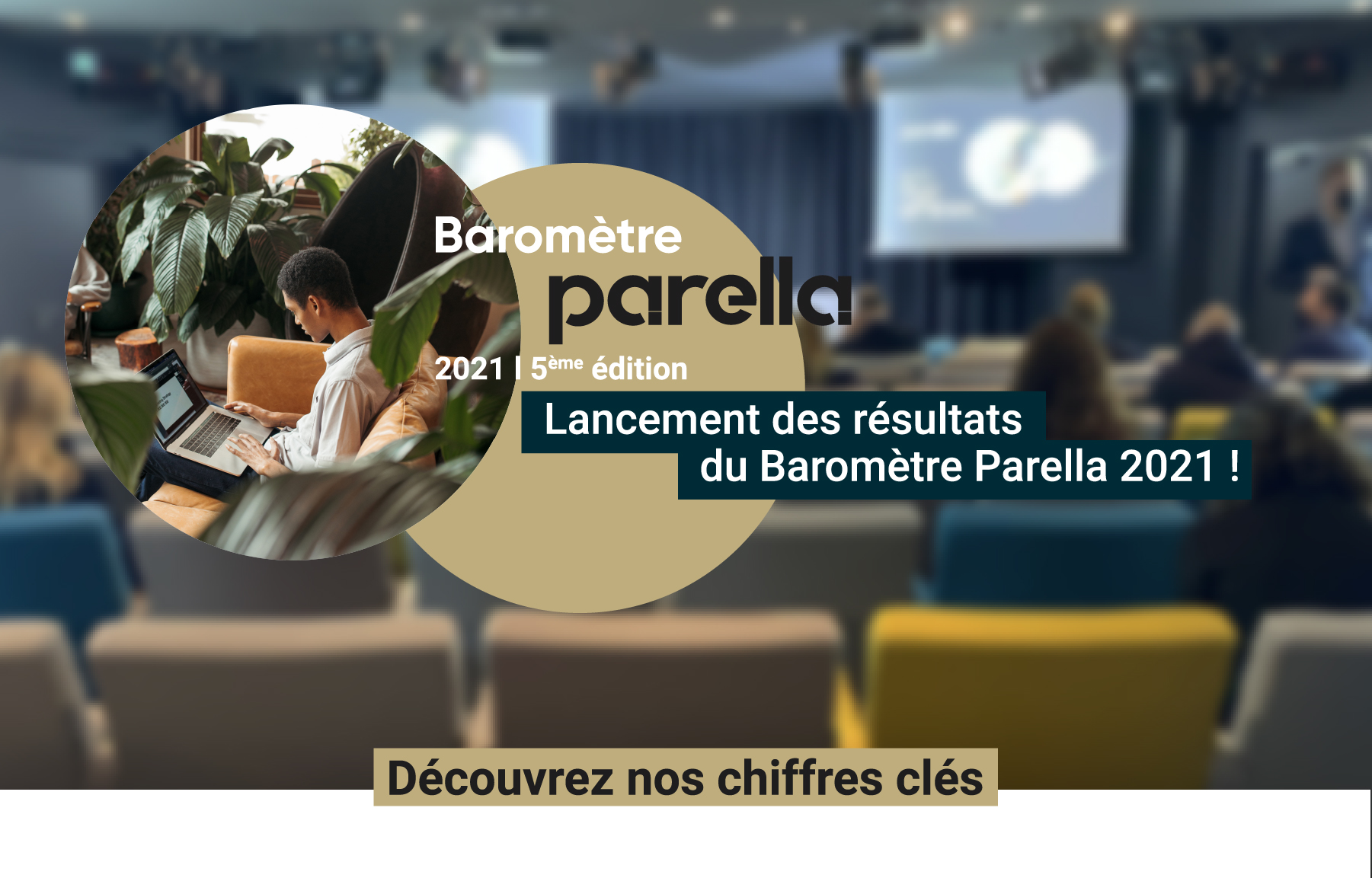
OnThursday 25 November 2021, the results of the Parella 2021 Barometer were presented. Parella Barometer 2021.
This year, more than 500 people were interviewed as part of our 5th edition annual survey on new ways of working and new workplaces, carried out in collaboration with HEYME mutual insurance company. Among them were managers, employees and young people (under 30 years old).
The main issues addressed:
What developments for the real estate sector?
In the aftermath of the health crisis, the real estate sector is facing a new paradigm of concern. new paradigm. While in recent years companies have been primarily concerned with financial and surface aspects, this year there has been a shift in focus, putting human issues back at the centre of concerns of the company.
18 months after the beginning of the health crisis, the following are 86% of companies surveyed who mention the impossibility of turning back the clock.
Let's see how real estate contributes to this transformation:
So what are the new ways and places of working? What is the role of the office of tomorrow? How do the new generations (15-30 years old) see the future of the office?
Workplaces: what future for the office?
For 91% of the companies surveyed this year, the main change is the development of new ways of working.
Let's see what the underlying reasons are for this mismatch:
First of all,the office is not dead. Indeed, the head office remains an essential reference point, for the panel of leaders as well as the new generation.
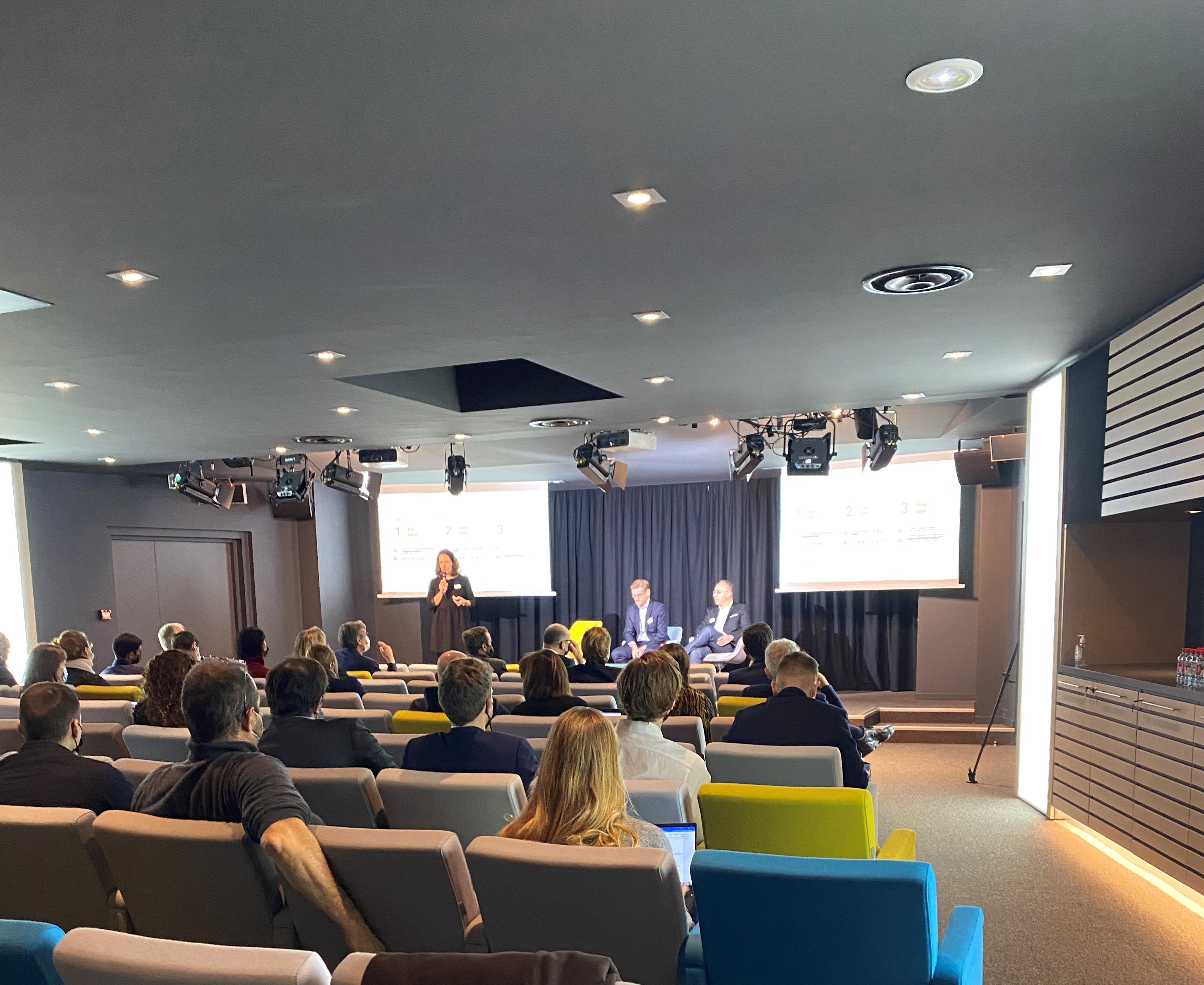
At the same time, we are seeing a diversification of the stock towards shared workplaces: coworking (work spaces outside the company), third place (cafés, restaurants, etc.) and coliving. Behind this development, which is eagerly awaited by the younger generation, are two trends: on the one hand, a real need for flexibility (project space, start-ups, etc.) and on the other hand, a renewal of the image of the office, even if it means using the codes of coworking in its layout.
In fact, the office must evolve, with 89% of the companies surveyed considering an evolution of their surface areas / premises in the short or medium term or having already done so. For 54% of companies, this is also a real opportunity to move towards more flexible commitments (additional deadlines, subletting, precarious leases, etc.).
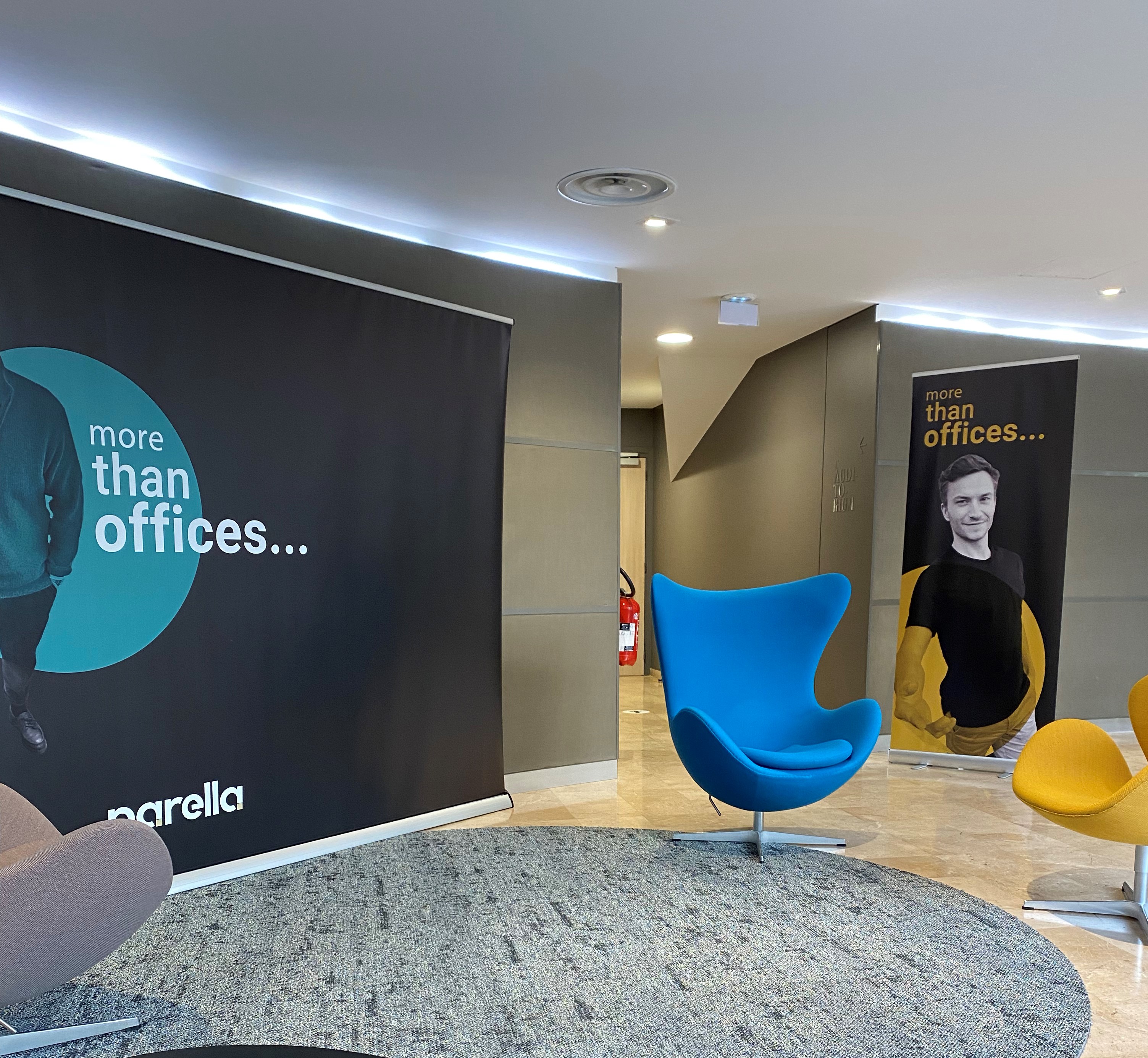
Telework... a transformation accelerator?
90.5% of the companies surveyed have implemented a telework policy; a rate that is constantly evolving, with an increase of almost 12 points compared to 2020 and 31 points compared to 2018. While only a minority of companies (8%) are considering imposing telework, and given the strong expectation of flexibility from the new generations (58%), this implementation raises questions about how to smooth out the presence on site.
Telework... a trigger for flex-office?
Telework is an accelerator of transformation. With a decline in employee presence resulting in empty offices, companies are gradually turning to teleworking. flex-office, i.e. not having a dedicated office. 31% of companies surveyed have already implemented it and 40% are seriously considering it.t. This implementation requires consideration of two variables: the rate of proliferation (the number of workstations installed in relation to the number of employees attached to the site) and the number of work positions (traditional workstation vs. collaborative/alternative position). The construction of these projects juggles financial savings and employee experience.
Tomorrow's seat: towards a (r)evolution?
In the midst of profound changes, the head office remains the essential vector of the company's image. For 72% of the young students and employees questioned, it is the guarantee of its attractiveness . At a time of hybrid organisation, the challenge of corporate culture is reflected in tangible elements (location, fittings, decoration, etc.) and intangible elements (rituals, trust, internal communication, solidarity, etc.).
In the key success factors of a successful employee experience, l'animation of the team lifeof the community are at the top of the list, in line with the representation of the head office as a place for socialising and team cohesion for 57% of them.
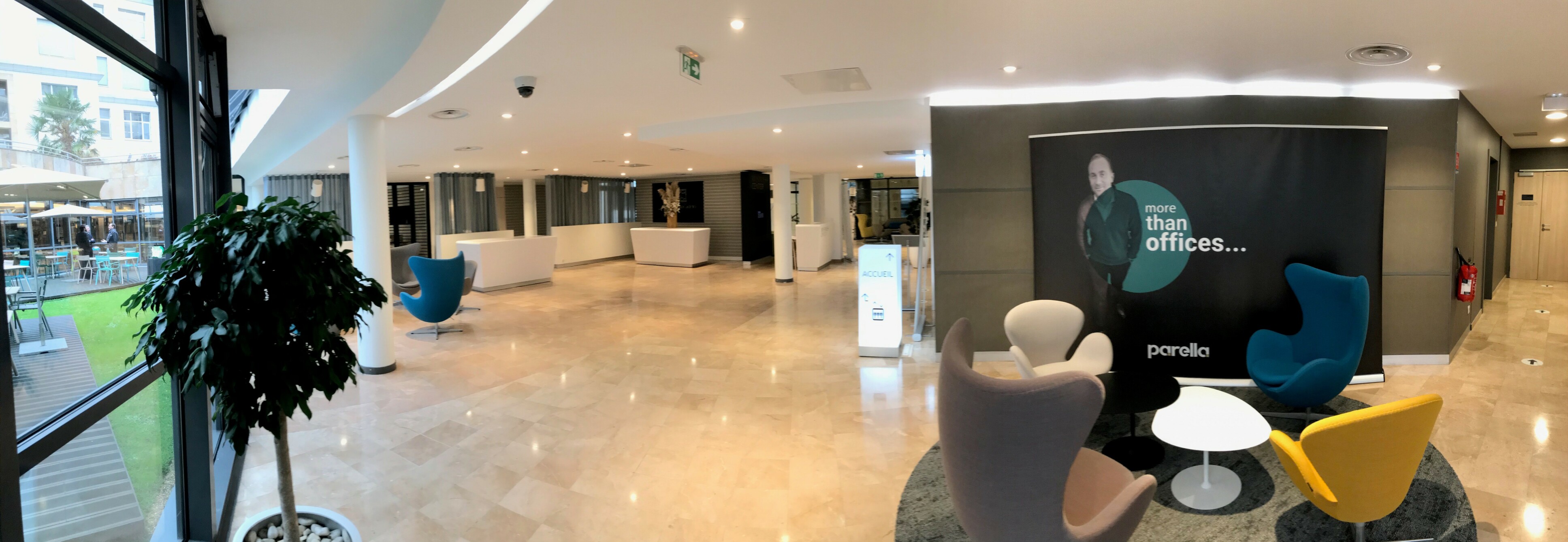
What will we retain from the (r)evolutions we have experienced?
- The constant development of hybrid mode: l'acceleration of teleworking and nomadism and nomadism favour the personal/work life balance.
- Flexibility, adaptation, agility in our operating methods
- A new adaptation/optimisation of spaces and material resources
- Digitalisation of uses: dematerialisation, technological developments...
- A mindset of collaborationtransparency, sharing ...
- New management and organisational methodsflexibility, trust...
Are you interested in the detailed study?
We invite you to discover the event through the exclusive replay as well as the presentation of the Parella 2021 Barometer by clicking below 👇

